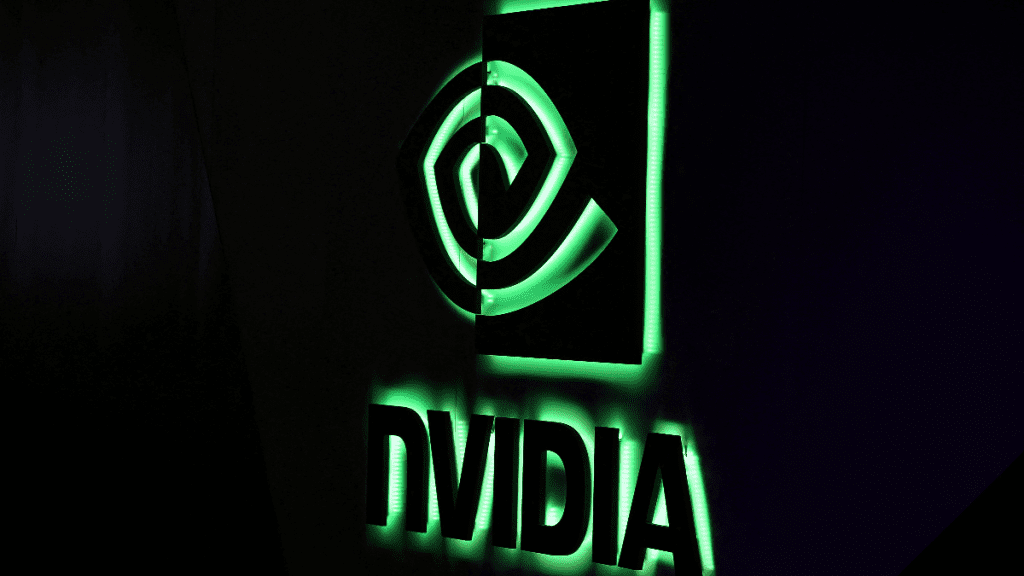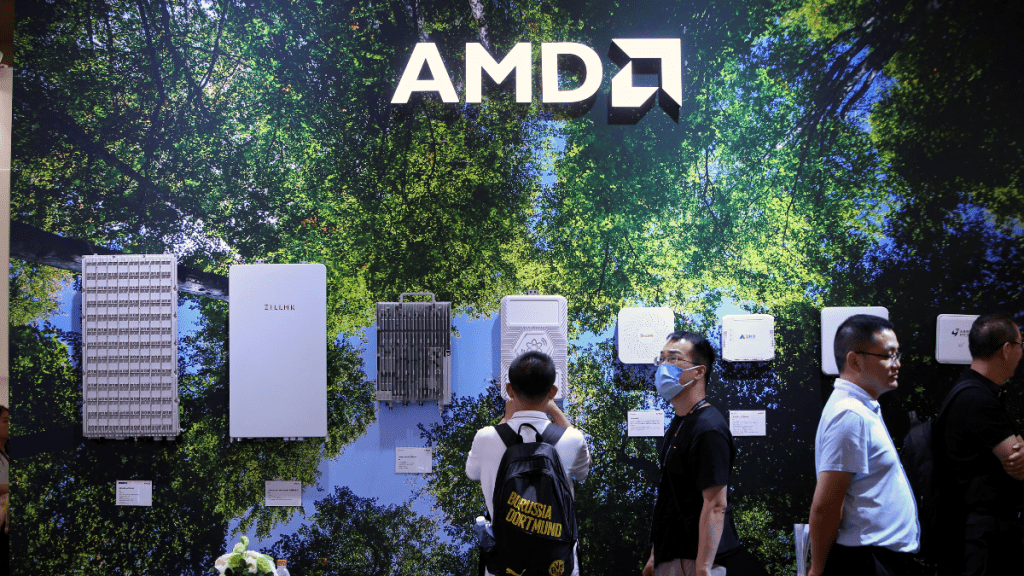 Source: Reuters
Source: Reuters The Biden administration is exploring the implementation of fresh AI chip export restrictions to China and other concerned countries due to fears of potential misuse by U.S. rivals.
- The proposed new restrictions would require a license for buying chips.
- Cloud service leasing to Chinese AI companies might also face potential restrictions.
- This ban could create new opportunities for Taiwan.
The White House is looking into new and stricter AI chip export restrictions when it comes to China and other countries of concern over rivals’ potential misuse of the technology. The U.S. Commerce Department may announce the restrictions as early as next month, requiring a license for Nvidia, and similar companies, shipments of AI chips to China and other countries of concern.
Last year, the U.S. imposed restrictions preventing China from accessing Nvidia and AMD’s advanced AI chips. In response, Nvidia developed a lower-performing version of its AI chip called the A800 for the Chinese market, which complied with the performance thresholds outlined by the Commerce Department. However, the new restrictions being considered would prohibit the sale of even the A800 chips without a license.
Nvidia declined to comment, and AMD didn’t immediately respond to a request for comment when approached by the Wall Street Journal.

According to Nvidia’s CFO, Colette Kress, however, while “immediate material impact” is unlikely, tighter curbs will dent earnings in the long run. “Over the long-term, restrictions prohibiting the sale of our data center GPUs to China, if implemented, would result in a permanent loss of opportunities for US industry to compete and lead in one of the world’s largest markets and impact on our future business and financial results,” she told an investment conference.
The Biden-Harris administration might also restrict leasing cloud services to Chinese AI companies. These companies have a history of utilizing such arrangements to bypass the export bans on advanced chips. As things stand, we are unsure when the rules will be rolled out. For their part, chip manufacturers are urging the administration to reconsider or ease the proposed restrictions. It is likely that the administration will wait until after Treasury Secretary Janet Yellen’s visit to China this month to avoid straining relations with Beijing.
The U.S. government has increased its focus on AI and its potential national security implications. Officials and policymakers are concerned that AI technology could be exploited by U.S. rivals for warfare. The white house is walking a fine line between protecting critical technologies and minimizing the impact on U.S. and allied companies’ operations.
Since implementing export control measures on advanced semiconductors and chip-making machinery last October, the Commerce Department has been working on finalizing formal regulations. They sought feedback from affected businesses and negotiated with allied nations, such as the Netherlands and Japan, to align their policies.
South Korean and Taiwanese chip manufacturers are expected to be allowed to continue operating and expanding their existing plants in China, focusing on manufacturing less advanced or legacy chips.
The ban on AI chip exports to China could potentially open doors for Taiwanese chipmakers like TMSC. Unlike the United States, Taiwan is a significant semiconductor supplier to China and is not subjected to the same export restrictions. Consequently, Taiwanese chipmakers have the potential to seize the opportunity and fill the gap left by Nvidia and AMD. Certain Taiwanese chipmakers are already preparing to capitalize on this prospect.
Inside Telecom provides you with an extensive list of content covering all aspects of the tech industry. Keep an eye on our Tech sections to stay informed and up-to-date with our daily articles.